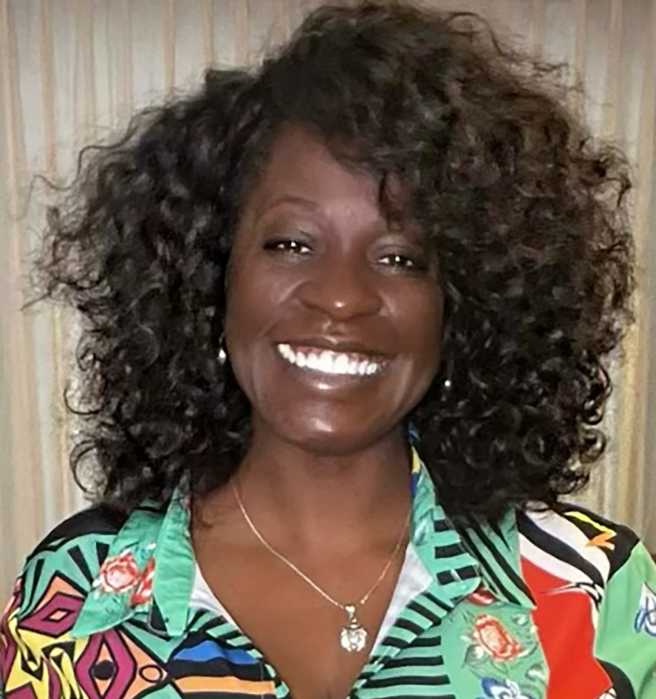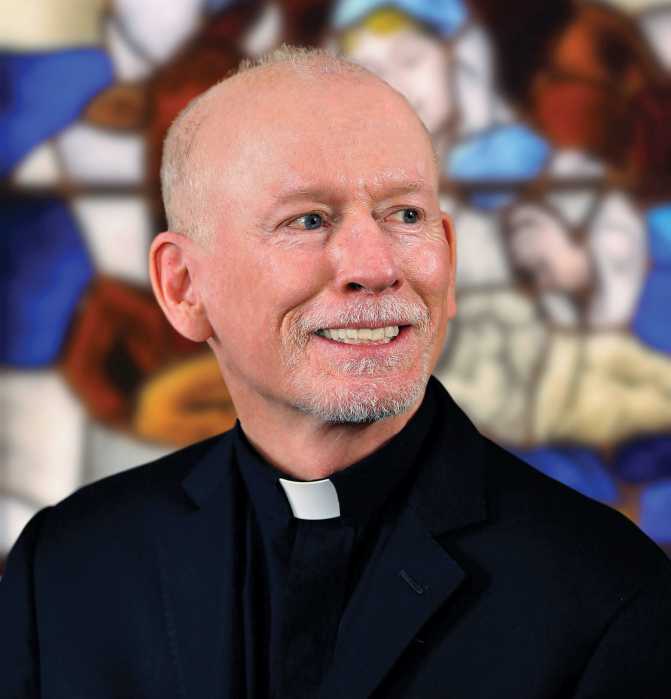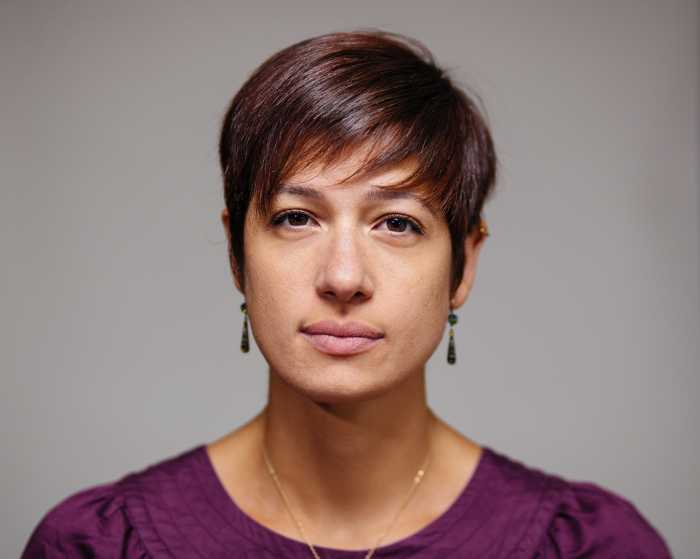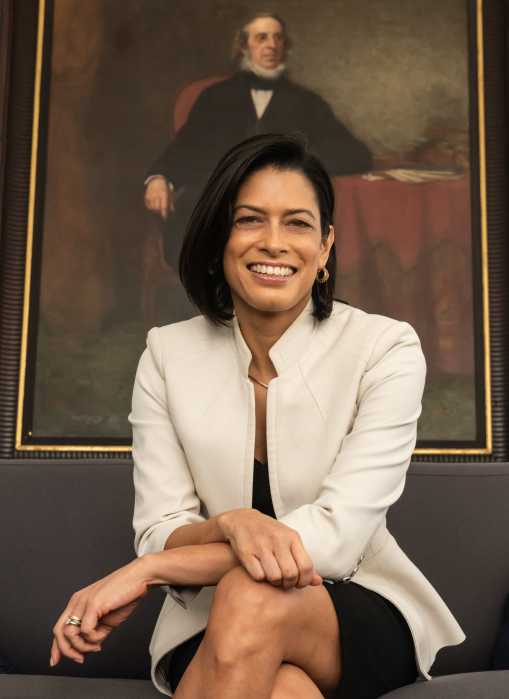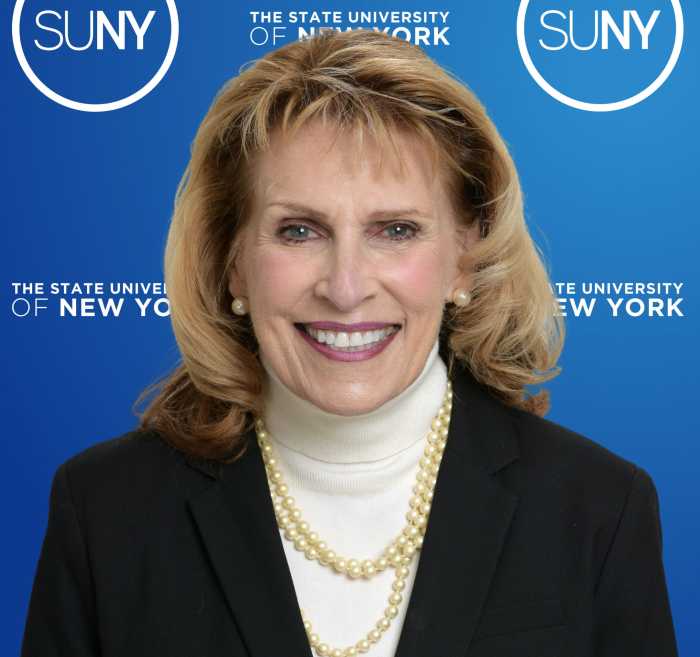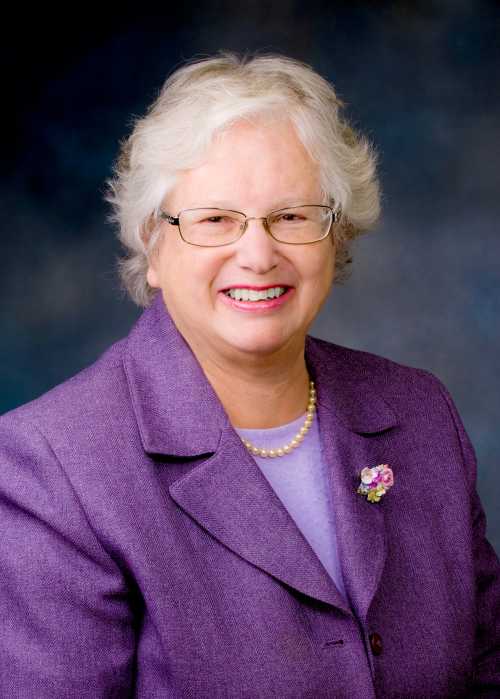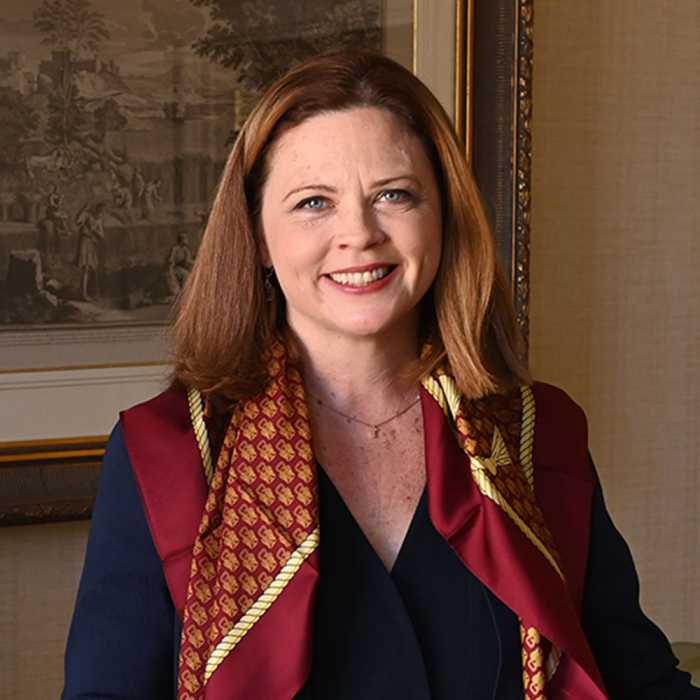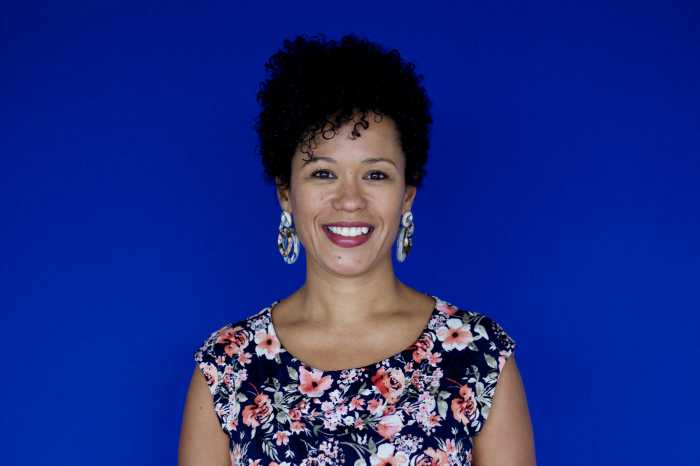Dr. Claudia Schrader, M.A., Ed.M., Ed.D., took the helm as president of Kingsborough Community College in September 2018. She is the college’s seventh president and holds the distinction of being the first African American in the college’s history to hold that office. Prior to Kingsborough, she served as provost and senior vice president at Bronx Community College, associate provost at William Paterson University, and associate provost at Medgar Evers College. As Kingsborough’s president, Dr. Schrader is committed to improving access to affordable education that prepares students for transfer and careers.
What can New York policymakers do to ensure equitable access to quality education?
Policymakers can prioritize funding CUNY colleges, like Kingsborough Community College, in the City’s budget to ensure equitable access to quality education. As a #1-ranked community college in New York State, on the cusp of celebrating 60 years of being a dream maker for hundreds of thousands of students, Kingsborough remains committed to providing a high-quality liberal arts and career education through associate degree programs that prepare students for senior colleges or entry into the workforce. Through full-time, part-time, and continuing education programs, we serve a diverse student body that includes underrepresented groups, high-risk youth, low-income individuals, and first-generation college students.
What conditions or resources are conducive to a safe and effective learning environment?
A safe and effective learning environment starts with valuing diversity, equity, and inclusion. When the difference is respected, we are free to be ourselves and to learn from each other. Effective learning environments are innovative and inclusive in their approaches and demonstrate a culture of care. These learning environments must be able to provide students with what they need in order to achieve their goals.
Describe a learning experience from your own education that stands out.
As an undergraduate, I took a class where I was the only African American in the class. I would earnestly try to participate by raising my hand to answer questions but was ignored. When I did have the opportunity to speak, my responses were dismissed, but when another student was called on and provided the same response that I gave but was validated and praised, I began to feel invisible. This is why giving others a voice and appreciating their presence and contributions have always been important to me in my work.


